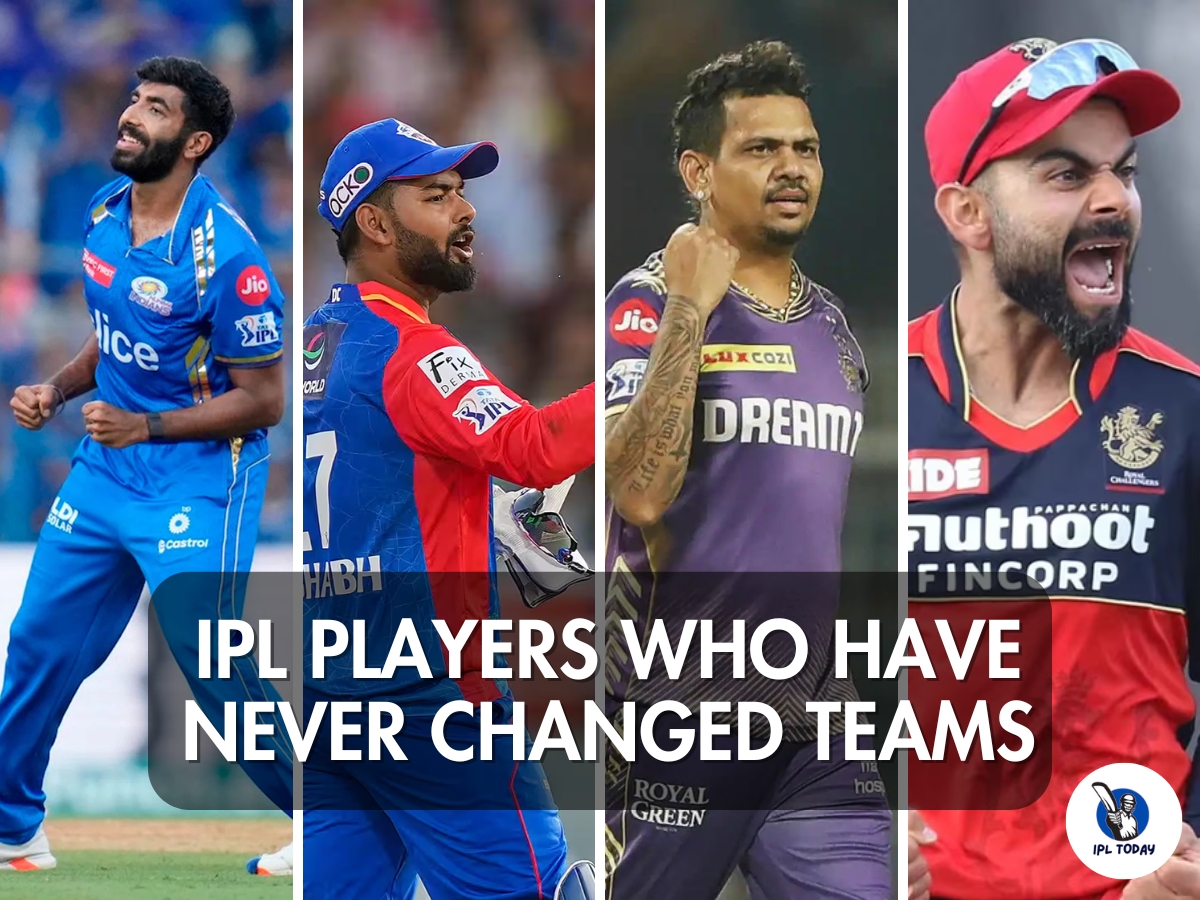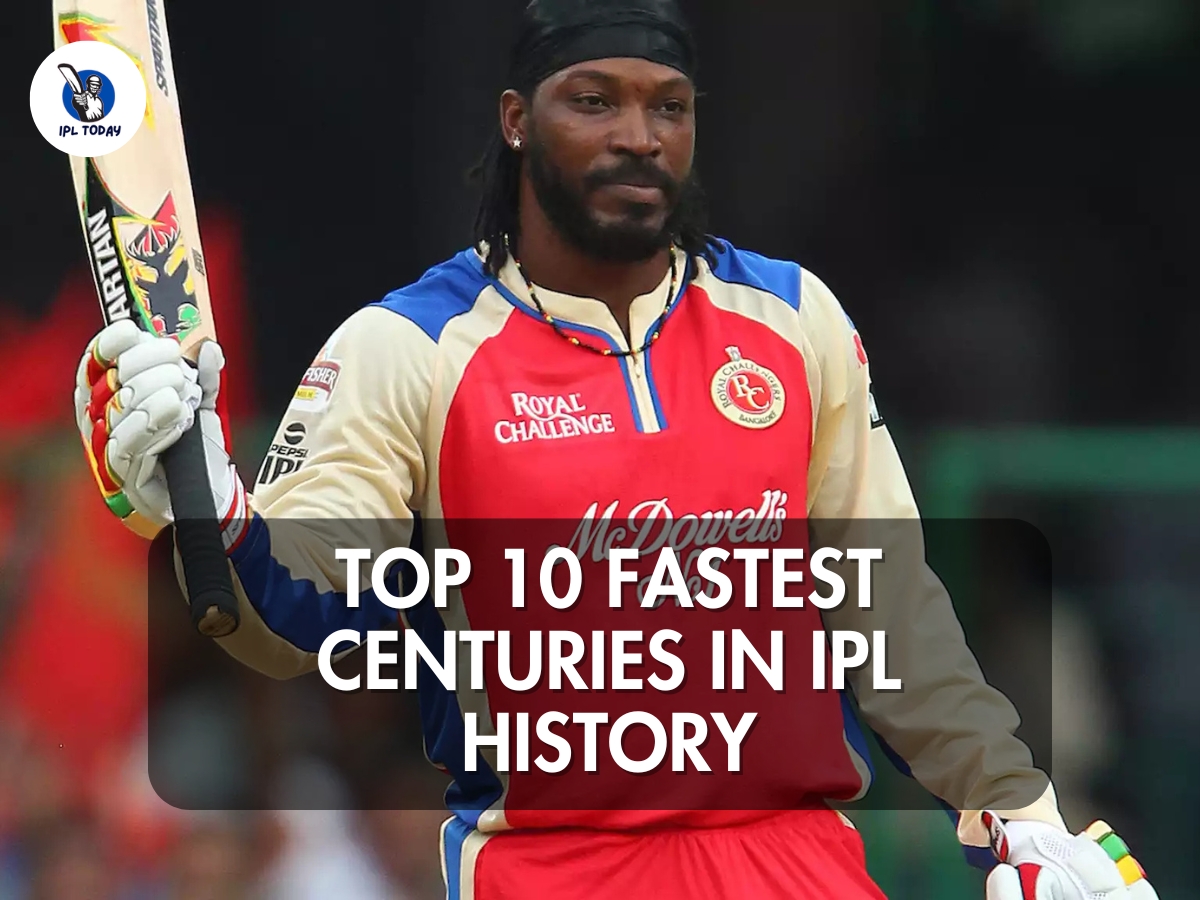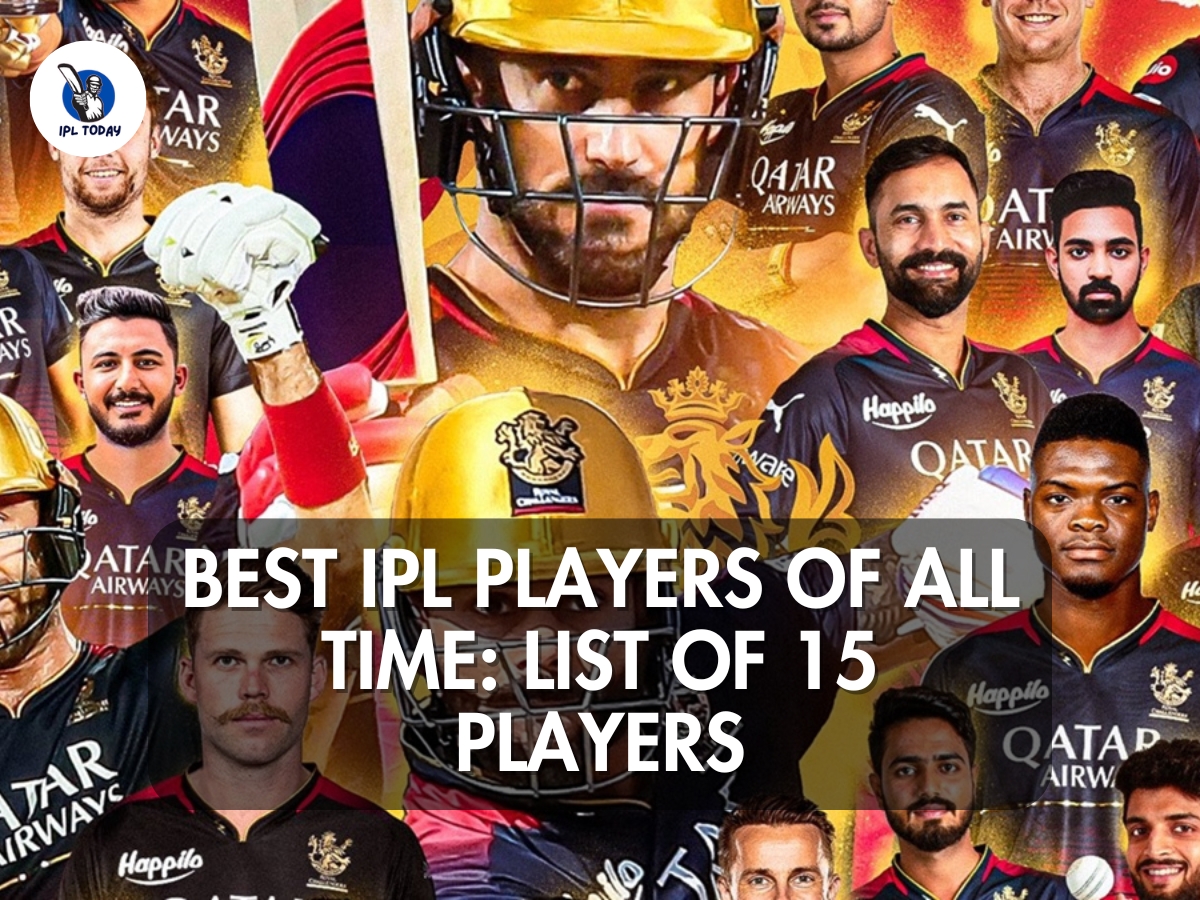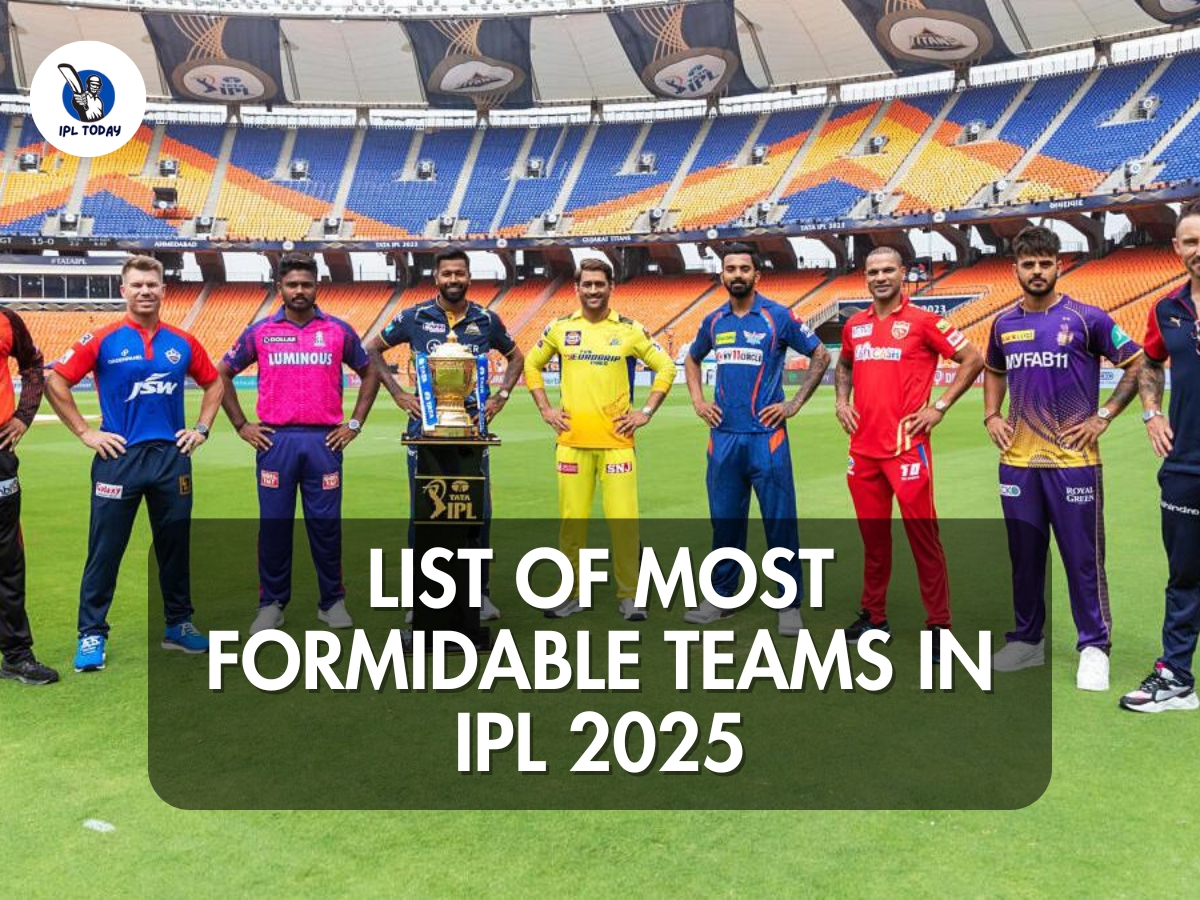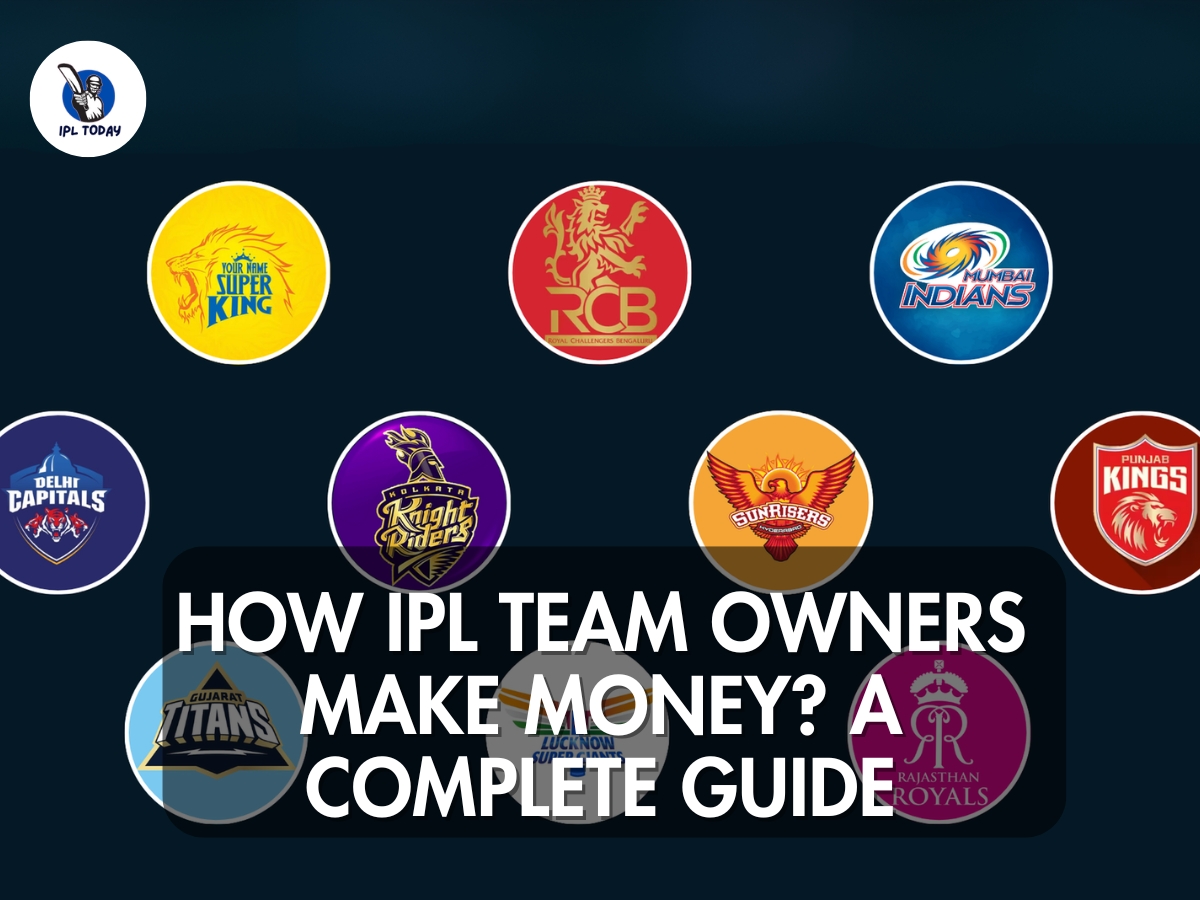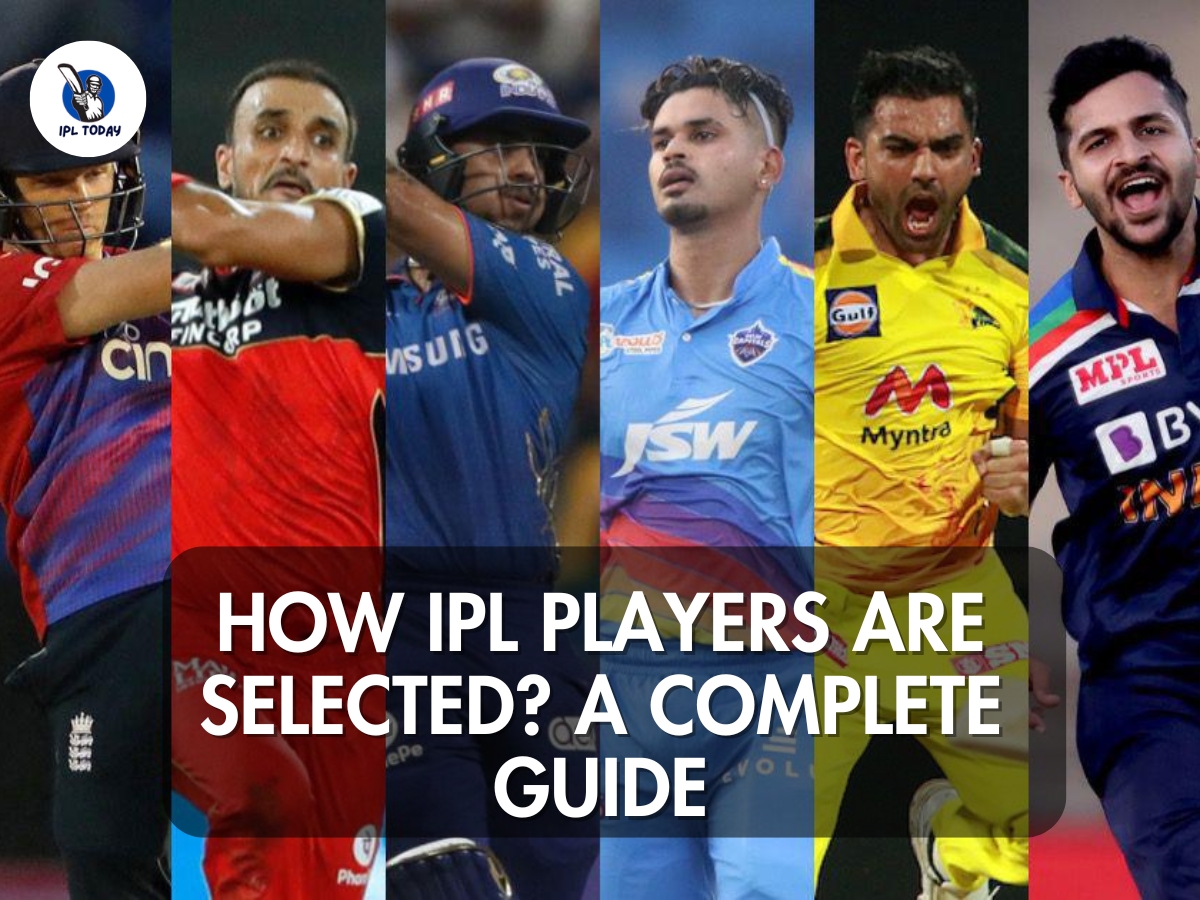Cricket, with its blend of strategy, skill, and spectacle, has captivated audiences worldwide. Central to this allure is the recognition of individual brilliance through the ‘Man of the Match’ award. This award is not just a token of excellence; it symbolizes a player’s key role in the game’s outcome. Here, we look into the aspects of how this prestigious award is decided, its significance, and notable instances that have etched themselves in cricket history.
The Essence of the Award
What Constitutes a Man of the Match Performance?
The Man of the Match award is a tribute to a player who significantly influences the game’s result through batting, bowling, or fielding. Factors influencing the award include:
- High Scoring Knocks: Batsmen who score a high number of runs, particularly in challenging situations, often secure the award.
- Bowling Spells: Bowlers claiming multiple wickets, especially in crucial match phases, are strong contenders.
- Fielding Heroics: Exceptional fielding efforts, including stunning catches and run-outs, can tilt the scales in a player’s favor.
- Overall Impact: The award often goes to players whose performances directly lead to their team’s victory.
Who Decides Man of the Match Award?
Who decides and how? The process involves:
- Expert Panel: Typically, a panel comprising commentators, often ex-cricketers, selects the awardee. Their deep understanding of the game’s subtleties guides their choice.
- Umpires and Referees: Their role in deciding the award is minimal, primarily ensuring adherence to rules.
- Fan and Media Inputs: Fan votes and media opinions can influence but don’t determine the final decision, which rests with match officials and expert panels.
Read: How IPL price money is distributed
Trends and Tendencies
Batsmen’s Edge
In the fast-paced formats like T20, batsmen frequently clinch the award due to the high entertainment value and direct impact of their scoring on the game’s outcome.
Bias and Subjectivity
The decision is sometimes perceived as subjective, sparking debates among fans and experts, especially in closely contested matches.
Influence of the Home Crowd
There’s an ongoing debate about the home crowd potentially swaying decisions, though performance remains the primary criterion.
Memorable Man of the Match Moments
Historic instances of the Man of the Match award highlight the diversity and excitement of cricket:
- Sachin Tendulkar’s 98 vs. Australia, 2003 World Cup: Despite India’s loss, Tendulkar’s heroic knock earned him the award.
- Andrew Flintoff, Ashes 2005: Flintoff’s three awards in five matches were crucial in England’s victory.
- M.S. Dhoni’s 91 in the 2011 World Cup Final: Dhoni’s match-winning innings against Sri Lanka was a defining moment in cricket history.
- Wasim Akram in the 1992 World Cup Final: His all-round performance against England showcased his mastery of the game.
Read: Meaning of Uncapped Player in IPL: Payment Structure and Examples
Statistical Insights
Frequency of Awards by Role
Batsmen have historically won the majority of these awards, particularly in shorter formats where their runs have a more visible impact on the game’s outcome.
Most Awards
Players like Sachin Tendulkar, Virat Kohli, and Sanath Jayasuriya have amassed numerous Man of the Match awards, underlining their consistent match-winning abilities.
The Way Forward
The Man of the Match award continues to evolve, with discussions about incorporating more technological and fan-based inputs into the decision-making process. This evolution reflects cricket’s dynamic nature and its ongoing dialogue with its fan base.
Last Words
The Man of the Match award in cricket is much more than a post-match formalization; it’s a recognition of a player’s ability to leave an indelible mark on the game. Through its nuanced selection process, the award highlights the multifaceted nature of cricket, celebrating individual achievements that contribute to the team’s success. As cricket continues to evolve, this award remains a testament to excellence, inspiring generations of cricketers and fans alike.





